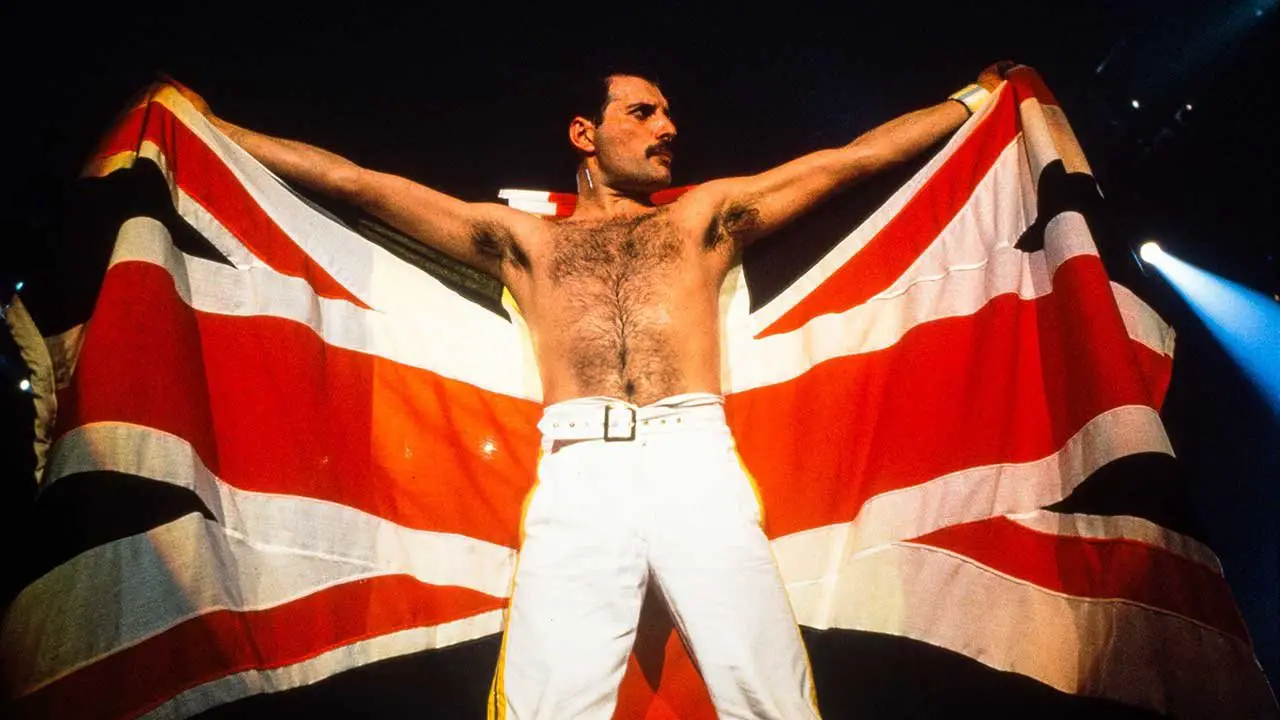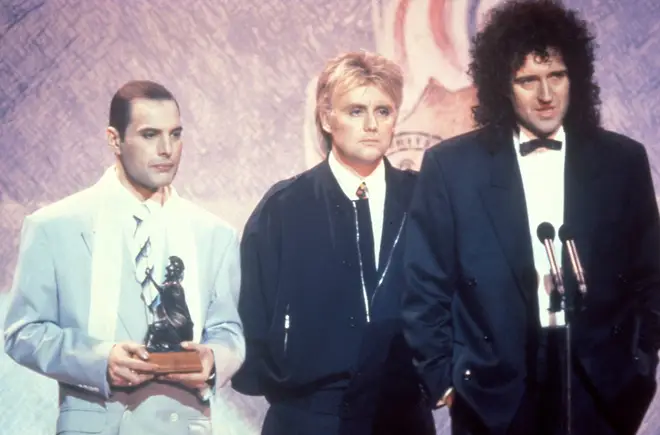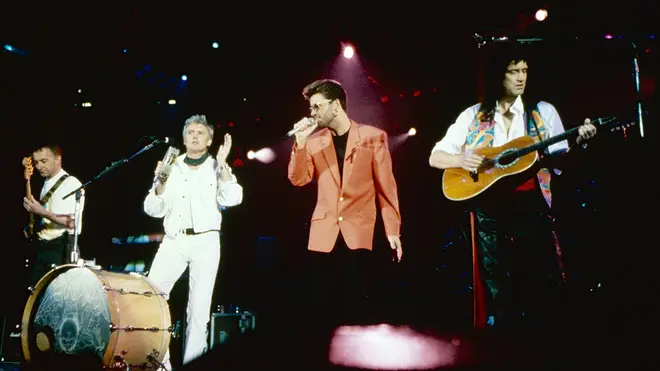The devastating words that Freddie Mercury spoke to his close friends as he “slowly let go” are revealed in a new documentary.
Freddie Mercury, the frontman and lead singer of the legendary rock group Queen, personified the essence of a rock ‘n’ roll showman.
Not only was he a master of the stage, pacing back and forth and putting any size crowd in the palm of his hand, but he also had one of the best voices in rock history.
His joy, charm, skill, and sense of humor were unmatched.
This is precisely the reason that he is still very much alive in the hearts and thoughts of music enthusiasts everywhere, some 30 years after his untimely death.
A recent BBC program explores his last months as it approaches the 24th anniversary of his death on November 24, 1991.
Freddie had no qualms about leading an extravagant rock ‘n’ roll lifestyle. But it seems sense that he put the breaks on after receiving an AIDS diagnosis in 1987. His appearance greatly changed in the years that followed; he only made a few public appearances and appeared pale and starving.
Six months before his death at the age of forty-five, according to his friend Anita Dobson, Freddie started to “slowly let go”.
According to Dobson, Brian May‘s wife, Freddie told her, “When I can’t sing anymore, darling, then I will die.” I’m going to die.
Up to his sudden death, Freddie and his Queen bandmates continued to create amazing music together, even though he was skinny, aged, and lacking in life.
Even though Queen hadn’t played live since their renowned, sold-out Knebworth performance in 1986, they continued to work hard in the studio and released their last album, Innuendo, in 1991.
The final public appearance of Freddie before his death was in the music video for “These Are The Days Of Our Lives.”
The day before he passed away, Freddie finally disclosed that he was battling AIDS. In the recently released documentary, Roger Taylor discusses his dear bandmates’ decision to battle AIDS in secret until his passing.
“It was announced before he died but he did not want to be the object of pity or scrutiny and within 24 hours it was gone. It was probably perfect timing. Bloody good move I thought.”
Brian May also remembers the occasion when Freddie broke the news of his AIDS diagnosis to him, Roger, and bassist John Deacon:
“The first time we really knew was when we got together in Montreux. Freddie just sat down and said ‘OK, you guys probably know what is going on with me. You know what I am dealing with. I don’t want to talk about it.”
“I don’t want to take any action apart from carrying on the way we are. I want to carry on making music for as long as f**king can. We will not dwell on it and we will go on.”
“We all went ‘OK’ and that was it. There was a discussion about what we would say if we were questioned and we all agreed to deny it to protect Freddie.”
“We felt quite comfortable about that. When we were in the studio and the studio doors were closed we had fun. For Queen as a family it was fantastic. We were never closer. But then Freddie was suffering.”
Freddie Mercury: The Final Act tells the story of Freddie’s last days and the opinions of people who knew him.
Freddie’s close friend and personal caretaker Peter Freestone noted that the death of Hollywood actor Rock Hudson from AIDS-related complications had a profound impact on Freddie:
“It made Freddie face the fact that instead of us being immortal and it happening to somebody else, it was getting closer and closer to home.”
The buildup to the 1992 Wembley Stadium Freddie Mercury Tribute Concert, which attracted an estimated half a billion viewers globally, is also discussed in the documentary.
Brian continues: “Freddie lived for his music and loved his music and he was proud of himself as a musician above everything else.”



